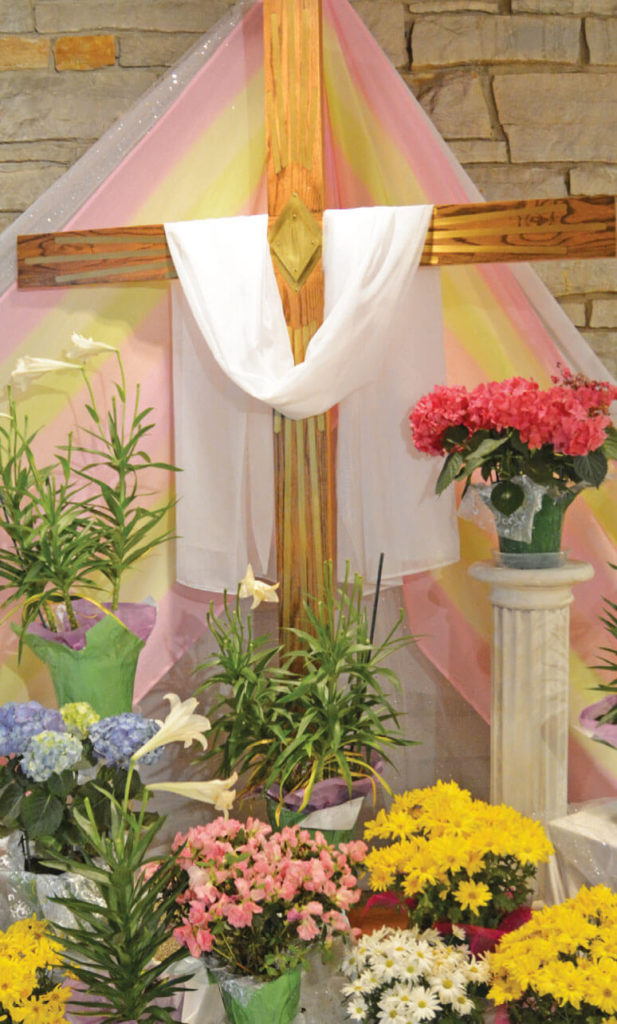
Sunday Readings: Acts 5.12-16; Revelation1.9-11, 12-13, 17-19; John 20.19-31
On the evening of the first day of the week, even though the disciples had locked the doors of the place where they were for fear of the Jews, Jesus came and stood before them and said to them, “Peace be with you.” When he had said this, he showed them his hands and his side. The disciples rejoiced when they saw the Lord. Jesus said to the, “Peace be with you. As the Father has sent me, so I send you.” Then Jesus breathed on them and said, “Receive the Holy Spirit. If you forgive people’s sins, they are forgiven them. If you hold them fast, they are held fast” (John 20.29-31).
On Easter evening the risen Jesus visits his community of disciples locked in a room together. Twice he offers them peace and then God breathes breathes the creative, living Spirit of God upon the community. “Receive the Holy Spirit,” Jesus says. His gift calls and empowers the disciples to become a reconciling community. “If you forgive people’s sins, they are forgiven them,” he tells them. The Bible translation Catholics hear at Mass has Jesus say next, “And whose sins you retain, are retained.” This translation aligns Jesus’ words with those in Matthew’s gospel when he gives Peter the keys to the kingdom of heaven (16.19).
Bible scholar Sandra Schneider observes that the Greek word translated retained or bound more commonly means to hold fast, to embrace. She argues that Jesus is charging the community to hold fast the people they forgive. As a reconciling community, they are to embrace and support those they forgive, not to hold them bound to their sins.
This is our call in continuing Jesus’ mission—to be the face of forgiveness and mercy among those in our lives. John’s emphasis on the community is like the Second Vatican Council’s emphasis on the responsibilities of the people of God. Pope Francis has reiterated the Council’s emphasis universal call to holiness. The whole Church community in all its members is the body of Christ in the world today. Jesus entrusts us to one another’s care.
We can strengthen bonds among us, and we can shred relationships. We can remember wrongs that have been righted. We can exclude those who trouble and test us. In his gift of peace to the original Christian community, Jesus insists that his followers have the power to build and hold together as a community.
Who holds you fast? Who negotiates peace in your family and parish community? How do you use your power to speak and make peace? In what setting most often?